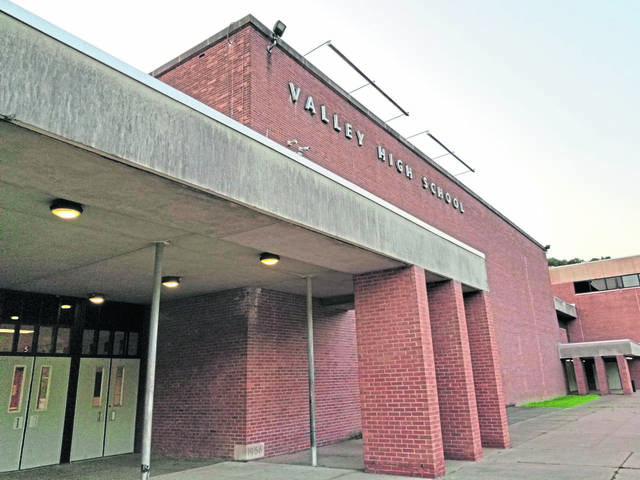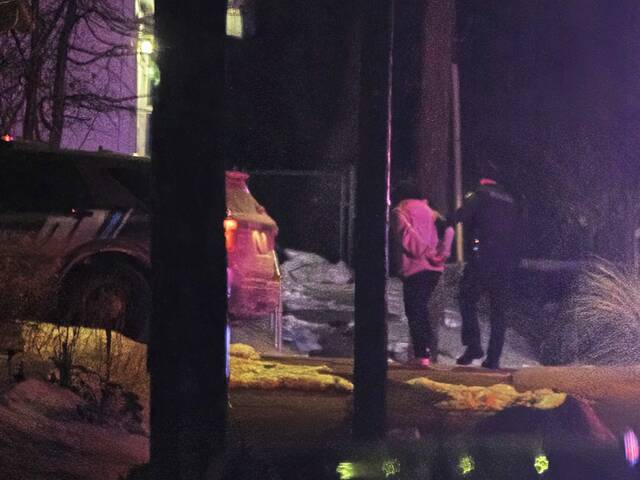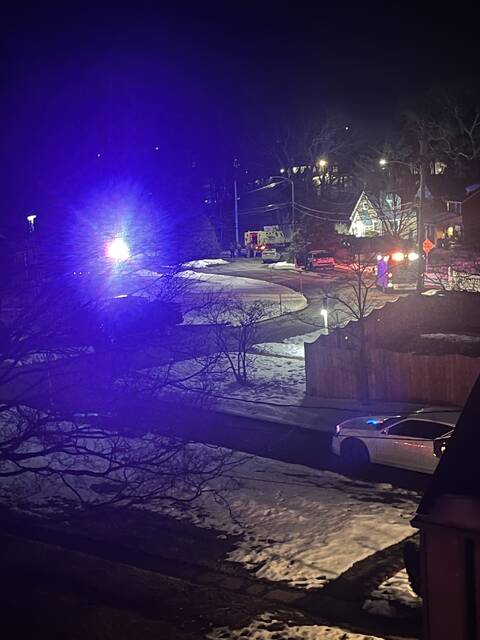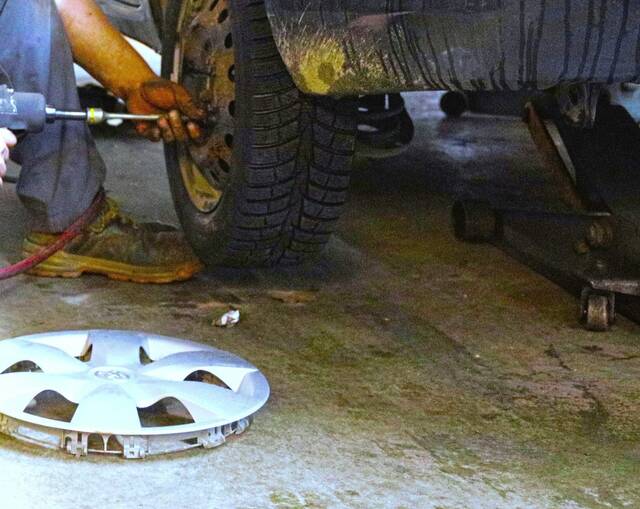The New Kensington-Arnold School District may have to raise property taxes and furlough employees as it goes into a difficult budget at the same time it negotiates a new contract with its teachers union, the school board’s former president said.
The district raised the property tax rate by 3 mills, to 88.27 mills, for the current school year.
“After years of neglecting the budget, we had to raise taxes this year,” board member John Cope said. “I don’t see a way we’re not going to raise taxes again.”
Board member Tim Beckes replaced Cope as president when the school board reorganized Monday. Beckes could not be reached for comment.
New Kensington-Arnold will be able to increase its property tax rate by 4.4% without voter approval. That could add up to 3.88 mills to the district’s tax rate, according to Business Manager Jeff McVey.
The tax increase for the current school year was 3.5%, just under the district’s 3.9% limit set by the state.
Cope said furloughs may be necessary among teachers and administrators.
“The hurt has to go both ways,” he said.
The district initially laid off 28 teachers as part of the 2020-21 budget, but later recalled all but one of them.
Cope said he’d like to see no furloughs next year, “But wishes don’t catch fishes.”
While the district and its teachers union agreed to a new four-year contract in 2019, it runs out at the end of August because it was retroactive to 2017. Contract talks normally start in January, union President Jason Moore said.
District and union officials are scheduled to have a “meet-and-greet” on Monday, Cope said.
Moore said Cope’s mention of furloughs was the first he heard of it.
”As educators, we hope that is never the situation and never has to happen,” Moore said. “Whenever we get to that point, we’ll address it then.”
When the district’s $39 million 2020-21 budget was approved in June, it was projected to have a $1.1 million deficit that would reduce the district’s reserves, then estimated at $1.4 million, to about $300,000.
McVey said reserves were slightly higher, a little over $1.6 million, when the district closed its books on the 2019-20 school year. The district should now end the 2020-21 school year with about $500,000 left, he said.
A maximum tax increase of 3.88 mills would generate a gross amount of about $485,500, but McVey said what the district would get is less because most property owners pay during the discount period and the district collects only about 90% of the property taxes it bills.
Despite projections that tax collections would be significantly lower because of the pandemic, McVey said New Kensington-Arnold’s have remained strong, with only a small, roughly $14,000 reduction in earned income tax compared to the same time a year ago.
McVey said the district has seen savings in some areas, and increases in others.
Savings include about $125,000 from four teachers who took an early retirement incentive and were replaced with lower paid new hires, and another $45,000 was saved when it took the district longer to find replacements for two or three other retirees.
Having fewer students in buildings, and at times being fully remote, is saving the district money in operating, transportation and substitute costs, McVey said. A savings is also expected from having fewer special education students placed outside the district.
Countering those savings is an increase in charges for students attending cyber and charter schools. McVey said about 160 of the district’s roughly 1,900 students are enrolled in cyber and charter schools, an increase of 50 to 55 students from last school year. The additional cost is about $750,000 over the $2.6 million that had been expected.
“We made some allowances in the budget” for an increase, McVey said. “It was nowhere near that number.”
McVey said he will make a report on the budget to the school board at its meeting Tuesday. A preliminary 2021-22 budget will be presented to the board in January.
He said it’s too early to know if the district will be able to cover a deficit in next year’s budget.
“A lot is going to happen in the next six months,” he said.
McVey could not say what would happen should the district find itself with a deficit it’s unable to cover.
“You’re not permitted to file a deficit budget,” he said. “I haven’t contemplated that.”








